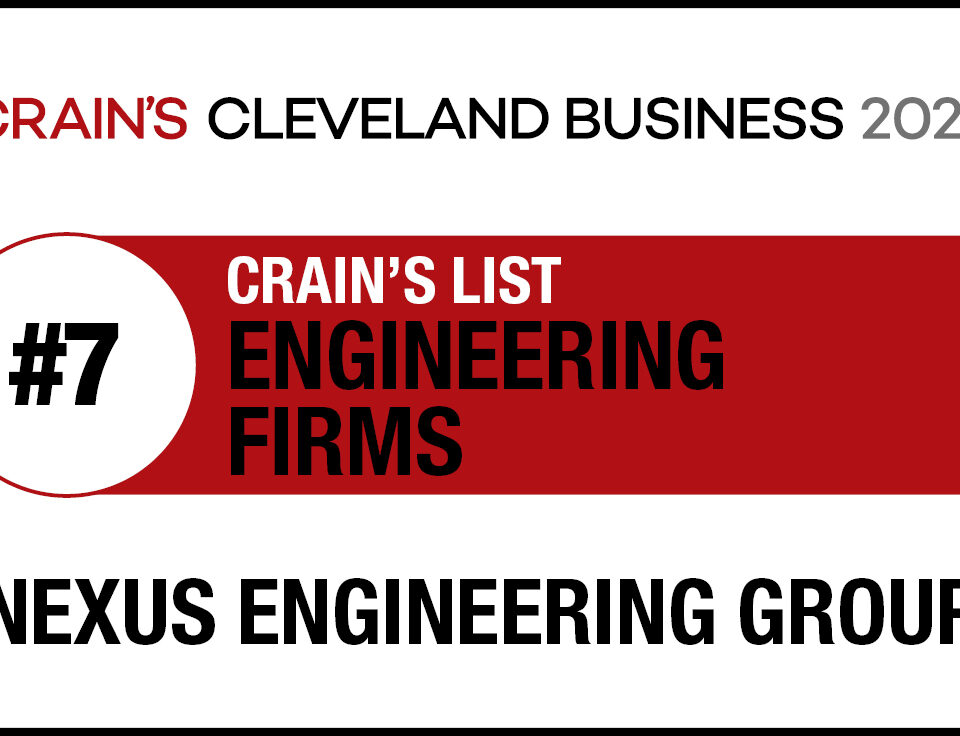What Does a Piping Engineer Do?
 Michael DeSantis loves that each day as a senior piping specialist is full of new lessons learned, even after over four decades in the field.
Michael DeSantis loves that each day as a senior piping specialist is full of new lessons learned, even after over four decades in the field.
Describe a typical day at Nexus as a Mechanical Engineer
Michael: As a senior piping specialist, my main priorities are interfacing with clients and working with project managers, my manager, and other discipline leads on projects. One of my biggest and most fulfilling responsibilities is passing along years of experience to younger engineers through coaching and on-the-job training. As a young man myself in the construction industry, I learned from fitters, welders, and foremen. Therefore, I’m truly happy to pass along the knowledge onto the people who are following a similar path.
Sometimes you must learn on the fly, and our young professionals at Nexus are eager to learn. I enjoy helping budding engineers understand different pipe fittings and how they’re connected. Even as one of the most experienced team members, I never stop asking questions and learning myself.
What do you most enjoy teaching young piping engineers?
Michael: I have spent over almost 40 years in the field. That is where I really learned all my piping knowledge, such as pipe routing and installing. I worked with and learned a great deal from pipe fitters, welders, boiler makers, and iron workers. College coursework really does not teach pipe design. I aim to pass on their valuable wealth of knowledge to the younger people, so they can have the same forethought and foresight of installing things. Budgets in this field either make or break a project. I think it is pertinent that the more experienced people pass those vital lessons to the next generation.
What is your biggest takeaway as a tenured piping engineer?
Michael: Over the course of 40 years, I’ve met some very smart people – A lot of whom are college-educated and a lot are craftsmen. They taught me things I would have never picked up in a classroom. Therefore, my biggest take away is that every young engineer coming out of school should spend a minimum of two years working in the field/working on-site. Doing this allows engineers to witness what problems and interferences come up and determine the most efficient way to solve. Working on-site is an opportunity to listen to the craft professionals. Their expertise and lessons have carried me through my career and successes.
Learn more about Working at Nexus and explore our current job openings in Cleveland, Toledo, OH, Midland, MI, and Chicago, IL.
Follow Nexus on LinkedIn to keep in touch with our team and company updates.



